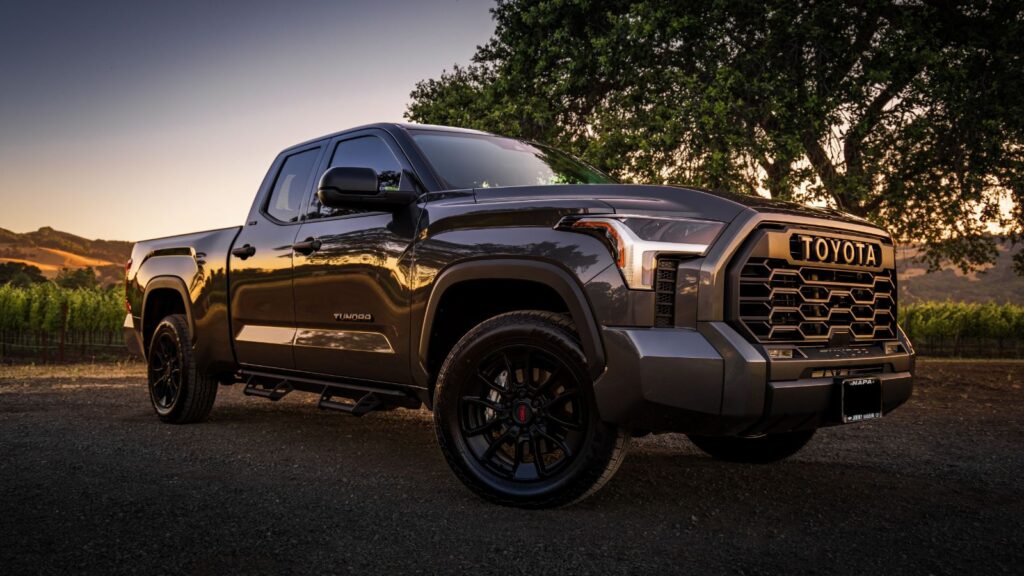When you retire, something called a Required Minimum Distribution (RMD) tells you the least amount you’ve got to pull out of your retirement funds every year. But, a recent study shows that just taking out this minimum might not be the best idea. Let’s look at what they found and what it might mean for your wallet.
Breaking Down RMDs

Simply put, an RMD is the minimum cash the government says you must take out of your retirement pot each year once you reach age 72. The rule applies to your typical retirement accounts like your 401(k) or traditional IRA. But if you’ve got a Roth IRA, you’re off the hook, as there are no minimum requirements.
The Big Picture From JPMorgan

JPMorgan Chase conducted a study examining over 31,000 retirees and their retirement funds. They found that most people just take out the bare minimum from their retirement funds, which isn’t always enough to cover all the bills and fun stuff you’ve planned. JPMorgan used an Employee Benefit Research Institute database to track retirees’ habits over several years.
Sticking to the Minimum

Approximately 84% of retirees eligible for RMDs only withdraw that minimum amount, which isn’t the best strategy. Such a cautious approach could make handling unexpected expenses or splurging on those dream vacations hard. Many retirees need to find the right amount that keeps their finances healthy without missing out on life’s pleasures.
Younger Retirees Playing It Safe

About 80% of younger retirees haven’t started pulling money out yet because they hope their retirement funds will grow more. On the positive side, holding off on withdrawals could mean a bigger budget later. At the same time, it might stop you from enjoying some early retirement experiences.
Does RMD Cut It for Living Expenses?

Unfortunately, those minimum withdrawals might not keep up with what you actually need to spend. The gap between what we need and what we get can grow as we age, leaving some people strapped for cash later on. You must reassess your finances to ensure you don’t fall short as your needs change.
Potential Money Left Over

Following the RMD rules could also mean you’ll have a lot of savings by the time you’re a lot older. While this might be great if you plan to leave a legacy, it’s not so good if you need that money earlier. You should consider taking a more flexible approach to ensure you use your money when it matters most.
Adjusting to Real Spending
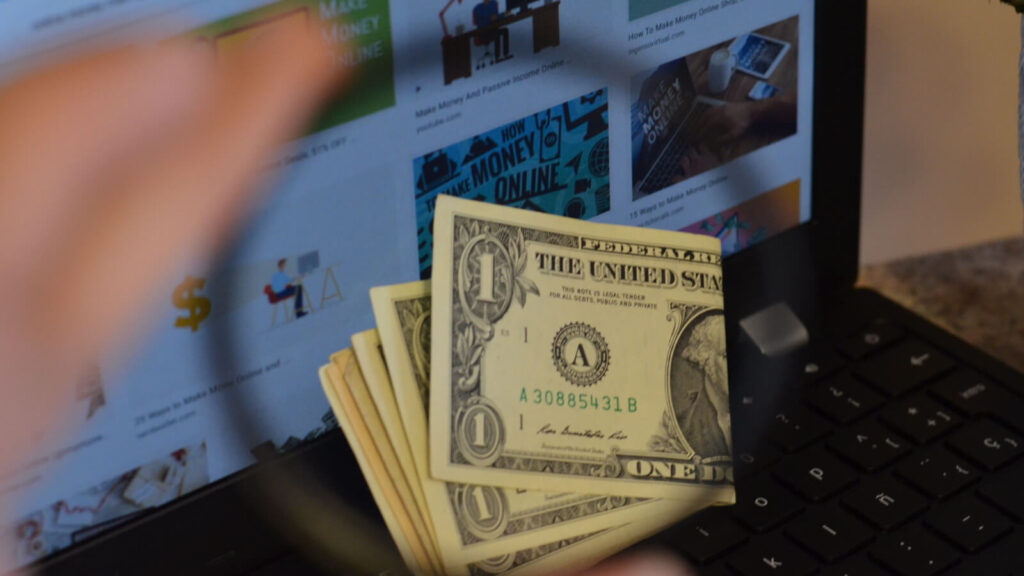
You may want to match your withdrawals to your real spending, which tends to decrease as you age. Doing so could give you more cash to enjoy earlier in retirement instead of spending too much when you might not need it. If you change your withdrawals to fit your current lifestyle, you may be able to retire more comfortably.
Early Retirement Spending

Choosing to withdraw more funds early on means you could live it up a bit more while you’re more active. This could involve more travel and enjoying the good life when you’re in better shape. Spending this money early will allow you to make the most of your funds when you can enjoy them for a happier and fuller retirement.
Tax Benefits of RMDs

One of the benefits of taking just the minimum is lower taxes each year. Since you’re only taking out a little, you’re taxed less, which can be a good way to keep more of your money for yourself. But remember, you also want to enjoy your retirement, so working out how to save on taxes and have enough to spend is pretty important.
How RMDs Are Calculated

To work out your RMD, the IRS divides your account balance at the end of last year by your life expectancy. For example, if you have $250,000 and are expected to live another 22.9 years, your RMD would be about $10,917 for the year. Although this formula is meant to make your savings last, you must consider whether it’s right for you.
Speaking to a Financial Advisor

If you have specific questions or are in a unique financial situation, this might be a good time to talk to an advisor who can give you tailored advice. They can help you adjust your withdrawal strategy to suit your specific needs. A financial advisor will help you figure out your needs today and your goals for tomorrow.
Recent Changes to RMD Age
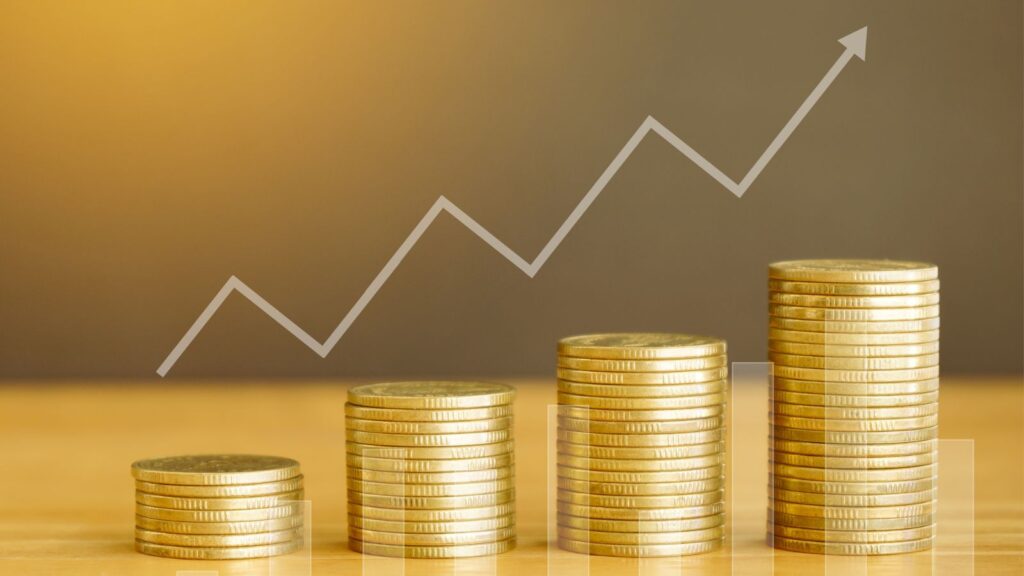
Recently, the age for starting RMDs increased from 70.5 to 72. Such a change gives you more time to let your money grow before you start withdrawing. More time growing your savings could mean more funds are available when you finally decide to withdraw.
RMDs vs. the 4% Rule
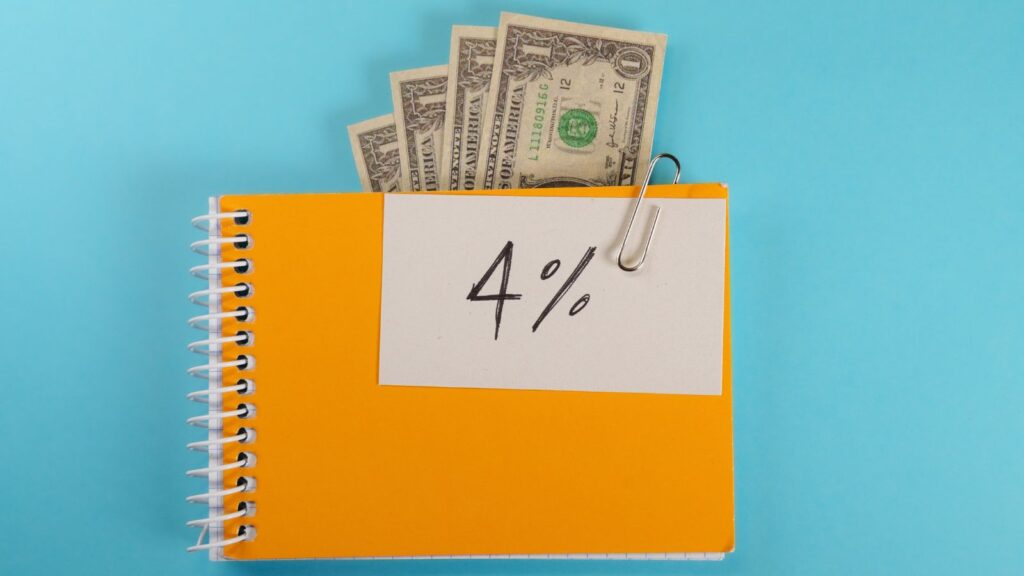
Unlike the 4% rule, which takes off a piece of your retirement funds yearly, RMDs adjust based on how long you’re likely to need that money. As such, it’s a bit more personalized. Essentially, RMDs could be a smarter way to manage your retirement savings as they’ll make sure you don’t run out too soon.
Spending Less as You Age
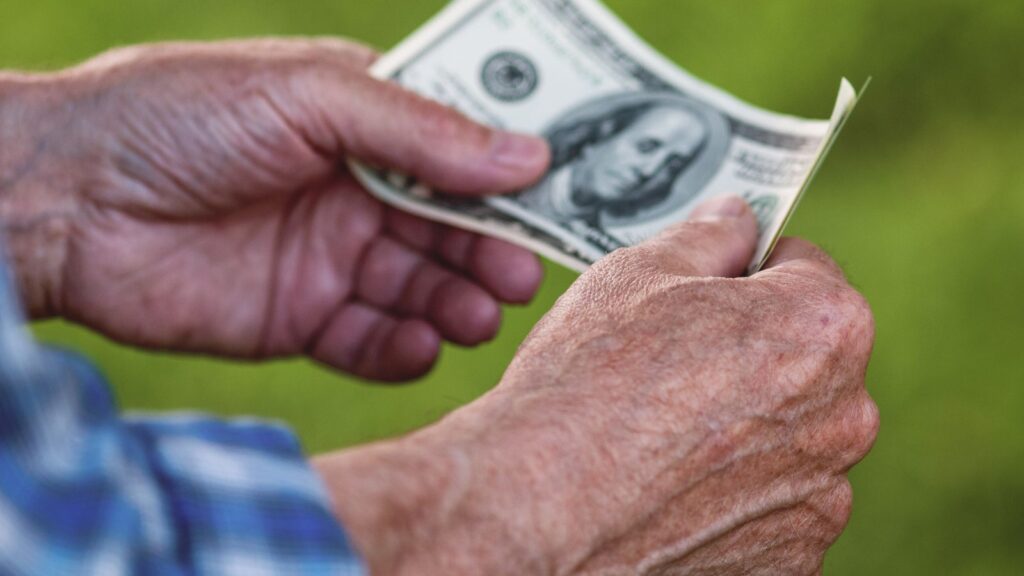
As people age, most spend less, so plan your withdrawals to reflect that. This can mean more money in your pocket when you need it most. You need to stay ahead of your financial needs without worrying that you’ll run out. As you might expect, that’s not exactly easy to do.
Delaying Your First RMD

If you’re still working, you may not have to take your first RMD once you hit the typical RMD age. As long as you’re not a significant business owner and are still employed, you can delay this withdrawal until April 1 of the year after you retire. As such, you can keep your money invested longer, but doubling up on distributions the following year could mean a higher tax bill.
RMD Aggregation Rules
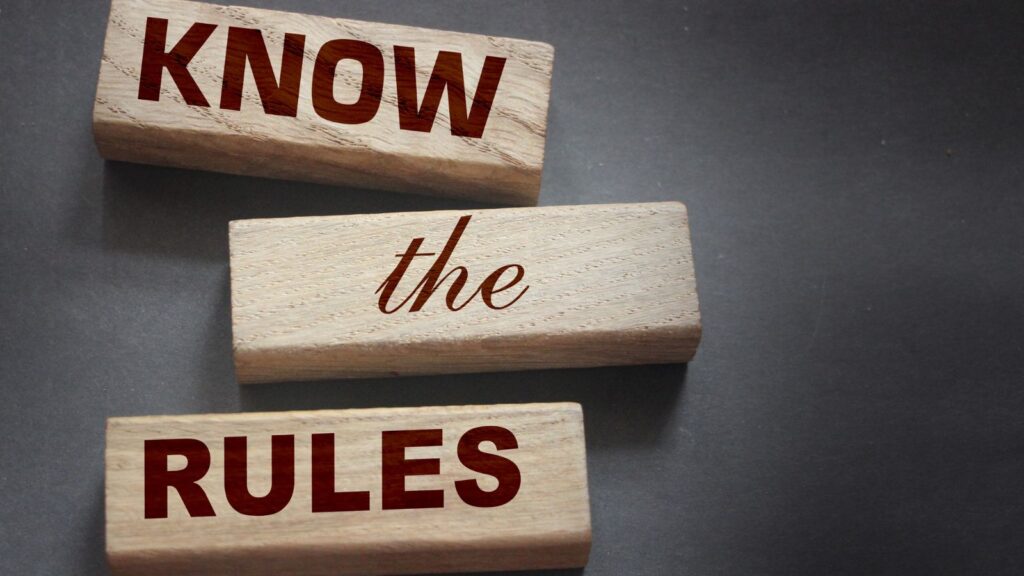
The IRS has specific rules about which RMDs can be combined or must be taken separately for anyone managing multiple retirement accounts. If you have several IRAs, you can add up their RMDs and take the total amount from any one of them. But if you have different types of plans, like a 401(k) and an IRA, you need to take RMDs from each account separately.
RMD Penalties and Exceptions
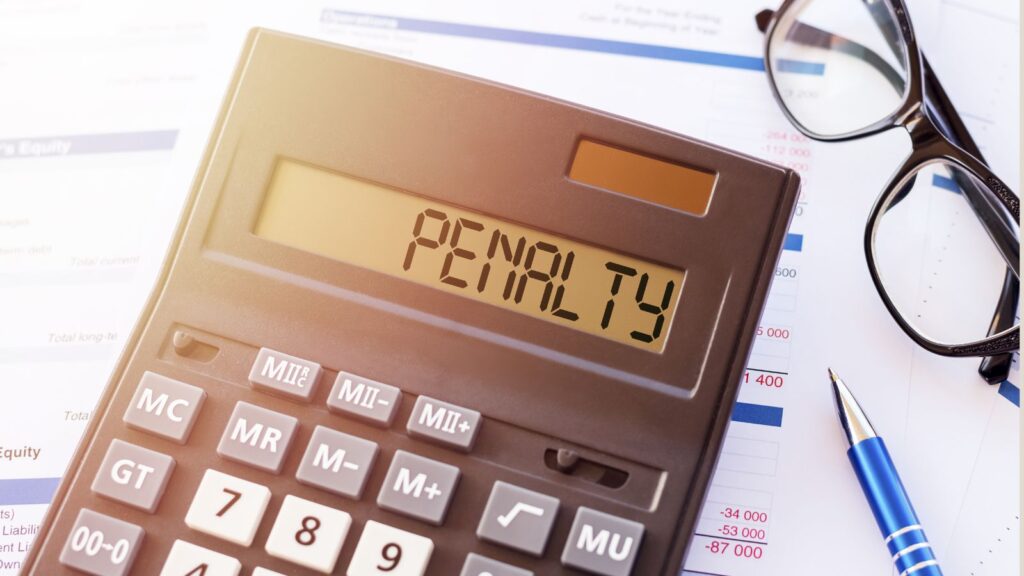
Falling short on taking your RMD can mean huge penalties, originally 50%, but now reduced to 25%. As long as you correct your oversight by the end of the second year, your penalty may be further reduced to 10%. There are exemptions for penalties in certain situations involving inherited IRAs, which can give you some relief under certain circumstances.
Changes in RMDs for Roth Accounts
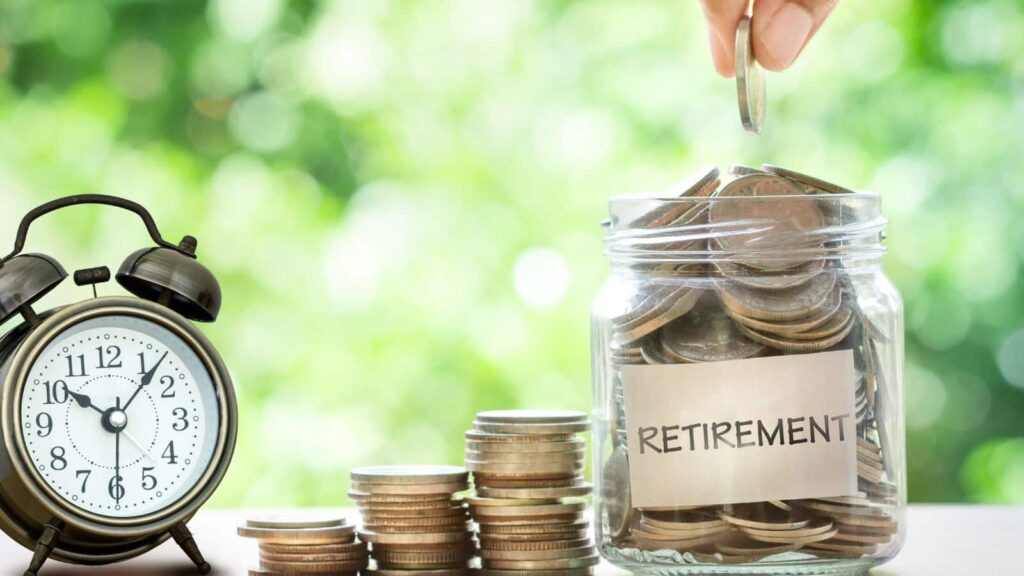
Unlike before, any Roth 401(k) accounts, along with Roth 403(b)s and 457(b)s, are now exempt from RMD rules as long as the account holder is alive. This change means they’re closer to Roth IRAs, giving you more flexibility in managing your retirement savings. Theoretically, you won’t have to worry so much about yearly withdrawals and can focus on growth.
19 Grim Realities of Dating After 50 That Are Often Overlooked

19 Grim Realities of Dating After 50 That Are Often Overlooked
26 Things That Will Be Extinct Because Millennials Refuse to Buy Them

26 Things That Will Be Extinct Because Millennials Refuse to Buy Them
24 Outdated Slang Terms You Absolutely Shouldn’t Be Using Anymore

24 Outdated Slang Terms You Absolutely Shouldn’t Be Using Anymore
25 Hardest Parts About Getting Older That No One Ever Talks About

25 Hardest Parts About Getting Older That No One Ever Talks About




